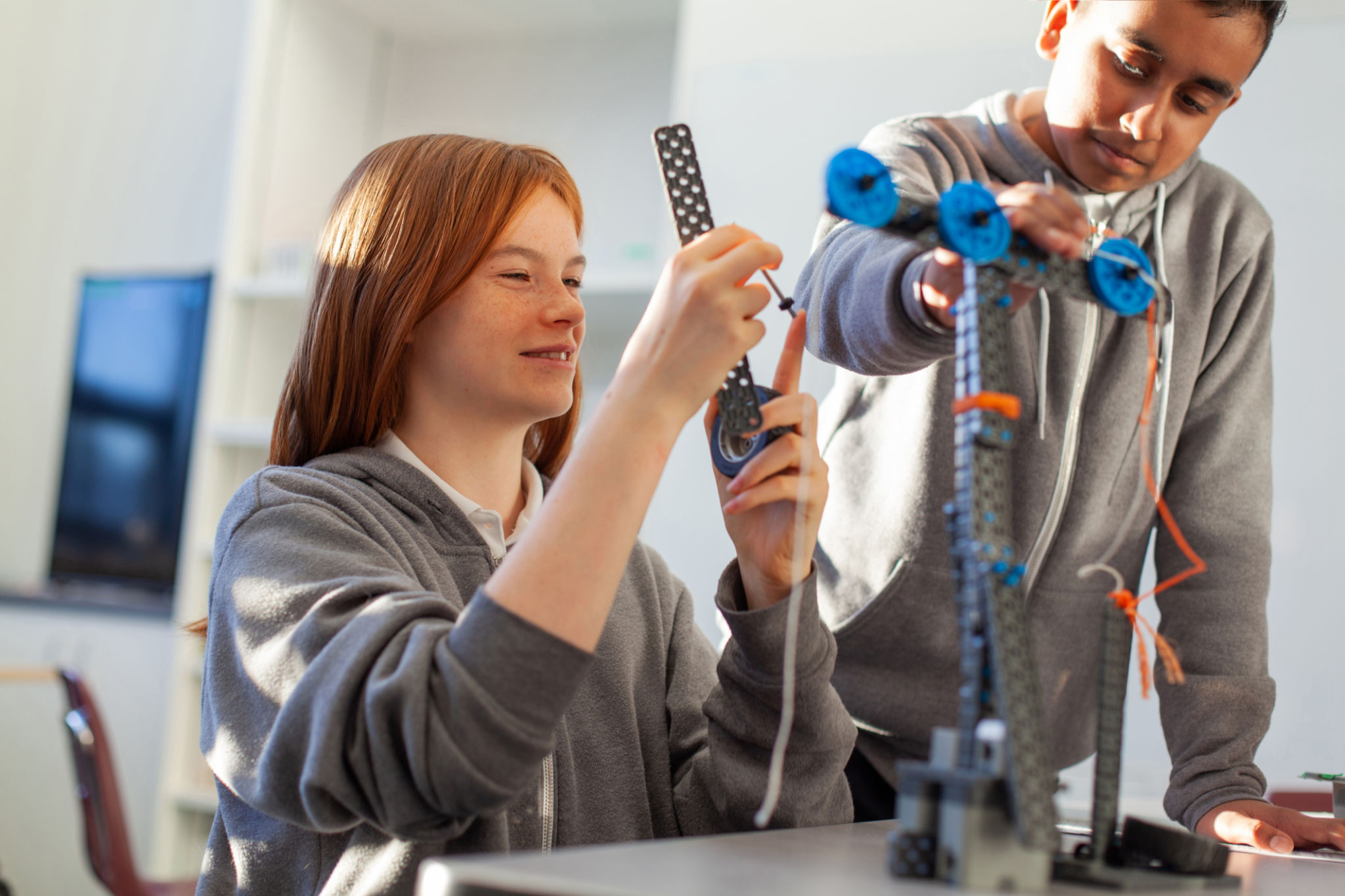Integrating Robotics into STEM Education: A Practical Guide for Teachers
The Importance of Robotics in STEM Education
Integrating robotics into STEM (Science, Technology, Engineering, and Mathematics) education is crucial in preparing students for the future. With the increasing demand for technological skills in various industries, equipping students with hands-on experience in robotics can significantly enhance their problem-solving and critical-thinking abilities. Robotics not only makes learning more engaging but also bridges the gap between theoretical knowledge and practical application.

Getting Started with Robotics in the Classroom
For teachers looking to incorporate robotics into their curriculum, the first step is selecting the right tools. Numerous educational robotics kits are available that cater to different age groups and skill levels. Some popular options include LEGO Mindstorms, VEX Robotics, and Arduino-based kits. These tools are designed to be user-friendly and come with comprehensive guides that make it easier for both teachers and students to get started.
Setting Up a Robotics Lab
Creating a dedicated space for robotics activities can foster a collaborative learning environment. A well-equipped robotics lab should have ample space for students to work on their projects, with access to computers, tools, and storage for robotics kits. Additionally, teachers should ensure that the lab is organized and that safety guidelines are clearly communicated and followed.

Integrating Robotics into the Curriculum
To effectively integrate robotics into STEM education, teachers should align robotics activities with curriculum goals. This can be achieved by incorporating robotics projects into existing lessons or by creating standalone modules focused on robotics. For example, a lesson on Newton's laws of motion can be enhanced by having students build and program robots that demonstrate these principles in action.
Project-Based Learning
Robotics naturally lends itself to project-based learning, where students can apply what they've learned in a tangible way. By working on projects, students develop key skills such as teamwork, communication, and creativity. Teachers can facilitate this process by providing guidance and encouraging students to explore their own ideas through open-ended projects.

Overcoming Challenges
While integrating robotics into the classroom offers numerous benefits, it also presents certain challenges. One common issue is the lack of resources or funding for purchasing robotics kits and maintaining a lab. To address this, teachers can seek grants or partner with local organizations and businesses that support STEM education. Additionally, professional development opportunities can help teachers become more confident in teaching robotics.
Continuous Learning and Adaptation
The world of technology is constantly evolving, and educators must stay updated with the latest advancements in robotics education. Participating in workshops, online courses, and professional networks can provide valuable insights and resources for teachers to continuously improve their robotics curriculum.

Evaluating Student Progress
Assessing student progress in robotics can be challenging due to its hands-on nature. Traditional tests may not fully capture a student's understanding or skills. Instead, teachers can use alternative assessment methods such as portfolios, presentations, and peer evaluations to gauge student progress. These methods allow students to demonstrate their learning in diverse ways.
Celebrating Achievements
Finally, celebrating student achievements in robotics can boost motivation and foster a sense of accomplishment. Hosting exhibitions or competitions where students can showcase their projects encourages creativity and innovation. Recognition of student efforts helps build confidence and inspires them to pursue further studies or careers in STEM fields.

